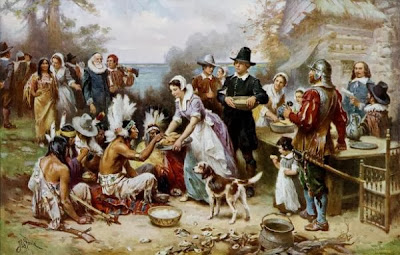Nuclear Nothingness

Last month we organized a forum at the University of Guam on nuclear dangers to Guam, both from the nuclear weapons of others, but also accidents involving the nuclear weapons kept on Guam by the US military or the nuclear-powered vehicles that are docked here. It was somewhat disappointing when in a room meant for close to 200 people at the UOG CLASS Lecture Hall, we only had about 40 people in attendance. As one of the speakers on the panel remarked, this is a critical issue, which few people seem to care about. That is one reason why it is so critical. It looms around us, as threats from others or dangers from within, but we don't seem to take it very seriously at all. Robert Underwood once said that living in a colony and not taking decolonization or colonialism seriously is like running a hospital without taking seriously issues of illness and treatment. I would argue a similar thing on Guam in terms of the dangers our heavily militarized existence presents. In 2010 I trav


